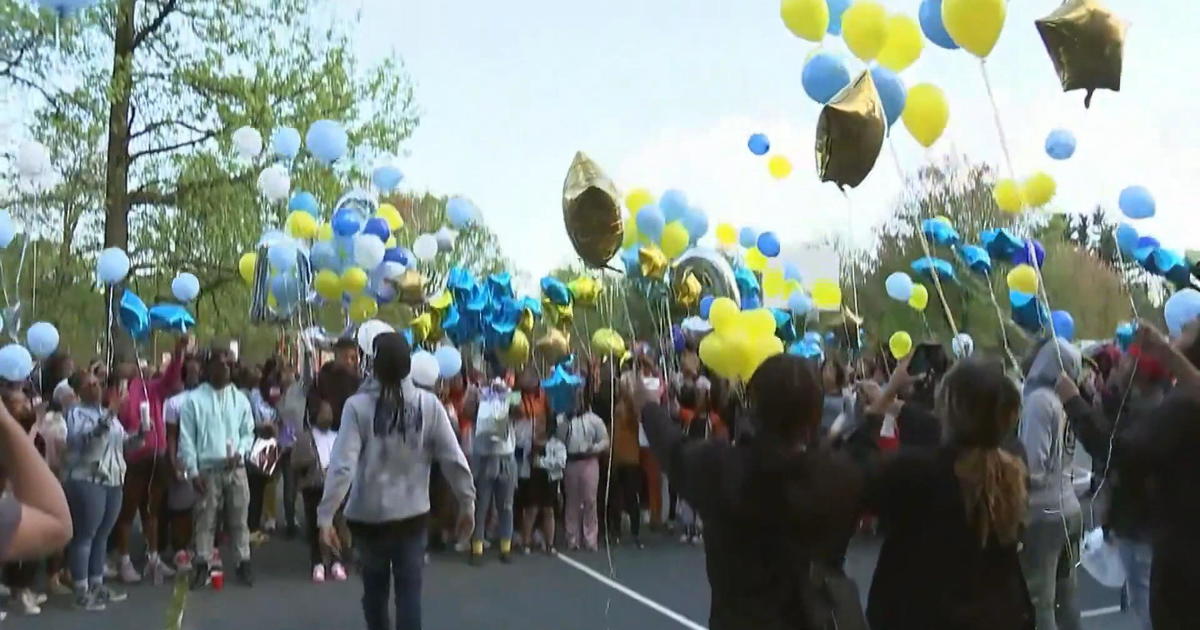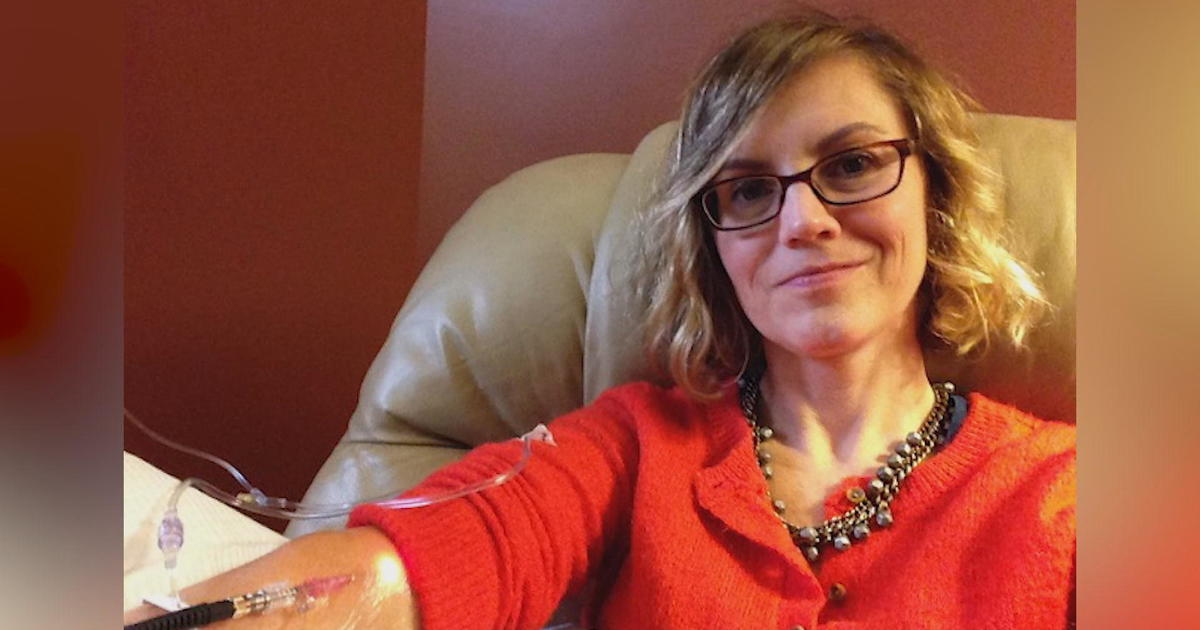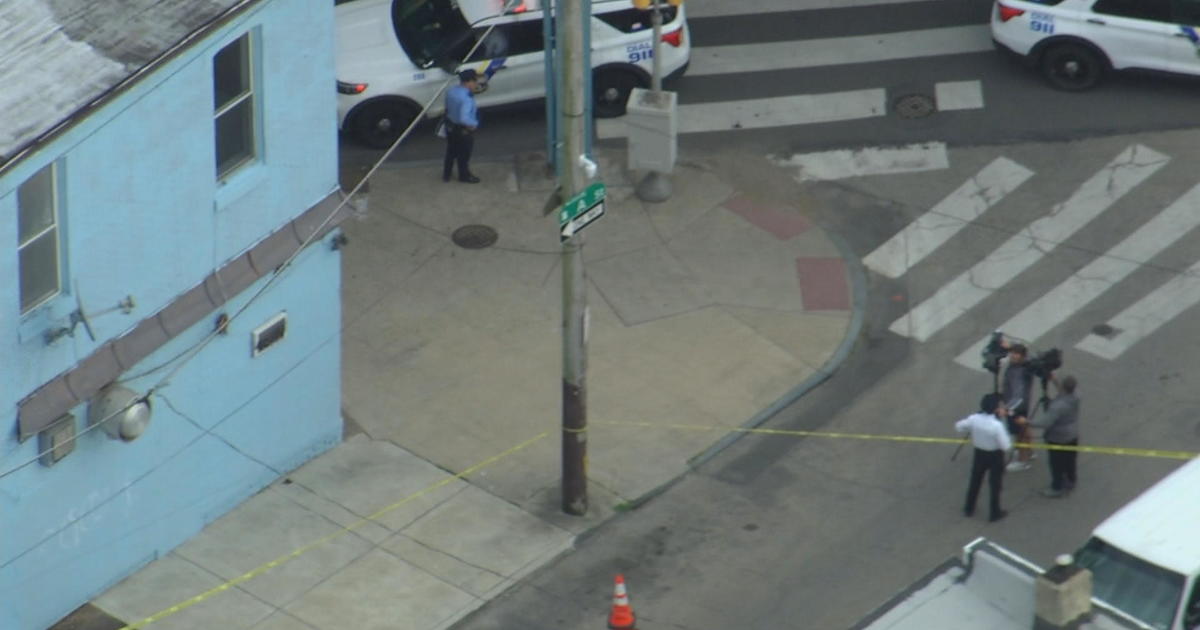Bid To Override Delaware Governor's Veto Of Bill Legalizing Recreational Marijuana Fails
DOVER, Del. (AP) — A bid to override Democratic Gov. John Carney's veto of a bill legalizing possession of up to one ounce of marijuana by adults for recreational use failed Tuesday in the state House, likely ending efforts this year to establish a state-run marijuana industry in Delaware.
Members of the Democrat-controlled chamber split 20-20 on the veto override, with Majority Leader Valerie Longhurst not voting. A simple majority would not have been enough, however, as a three-fifths majority was required to override Carney's veto.
Legalization would be a prerequisite for establishing a state-licensed and regulated marijuana industry, a proposal that has failed in the House twice this year.
"Unfortunately, some of my colleagues feel, you can't regulate what's still illegal," said Rep. Ed Osienski, chief sponsor of both the legalization bill and the companion industry-creation legislation.
The bill legalizing possession of up to one ounce of marijuana by adults cleared the House on a 26-14 vote last month, and was then approved in the Democrat-led Senate on a 13-7 party line vote. Sen. Bruce Ennis of Smyrna, a retired state trooper, was the only Democrat joining Senate Republicans in opposing the bill.
"We did what a majority of Delawareans asked us to do," said Osienski, who urged his colleagues on Tuesday to not ignore "the will of the people."
Six of Osienski's fellow Democrats joined Republicans in voting against the override, thwarting his plan to rescind the failed roll call on the industry creation bill.
Osienski introduced separate legalization and industry-creation bills in late March after the House rejected broader legislation that did both. That cleared the way for passage of the legalization bill, which required only a simple majority.
The industry creation bill, meanwhile, failed last month to get the three-fifths supermajority required because it creates a new tax, in the form of a 15% levy on retail sales.
Osienski, a Newark Democrat, has argued that the industry bill would create good-paying jobs "while striking a blow against the criminal element which profits from the thriving illegal market for marijuana in our state."
The bill calls for state officials to initially issue up to 30 retail marijuana licenses, 30 manufacturing licenses, 60 cultivation licenses and five testing licenses. It would prohibit people from growing their own plants for personal consumption.
Opponents have argued that legalization and creation of a state marijuana industry would lead to increased marijuana use among teens and young adults, expose business owners to liability, and result in more traffic deaths and injuries. They also say it would do little to eliminate illegal sales.
According to Associated Press reports, legalization has done little to discourage black market sales in California, and some licensees there are simultaneously participating in the black market in order to make a profit. The AP also has reported that analysts estimate California's flourishing black market for marijuana is at least twice the size of the legal one.
Currently, recreational marijuana use has been legalized in 19 states and the District of Columbia.
(©Copyright 2022 by The Associated Press. All Rights Reserved.)



